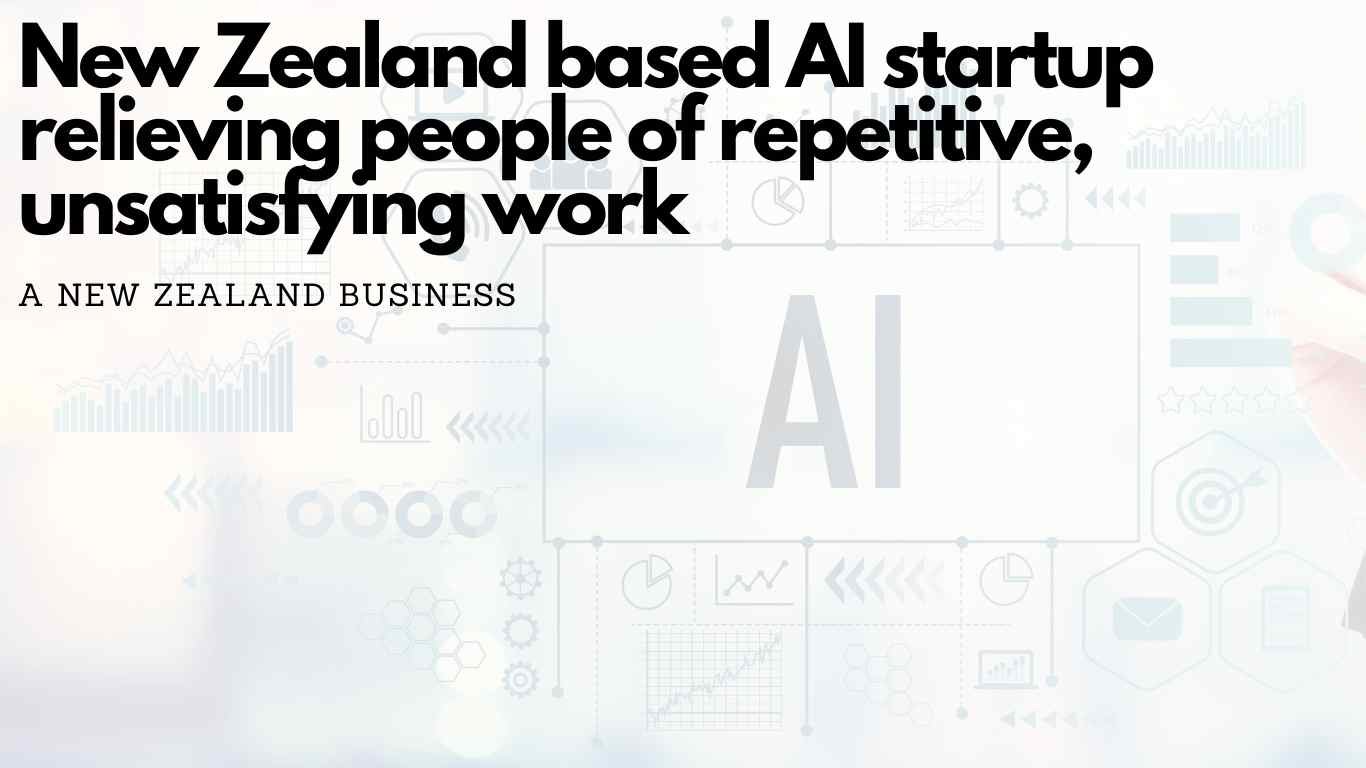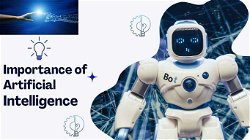New Zealand based AI startup relieving people of repetitive, unsatisfying work
Editor
. 2 min read
A New Zealand business that makes its own servers is moving into AI, providing machine learning solutions that do routine tasks and relieve workers of monotonous, unhappy employment. Kauri cone has lately shifted from developing low-cost, high-efficiency, ecologically friendly hardware to inventing software that solves commonplace issues for us. These jobs include recognizing rubbish for enhanced recycling, 'looking' at road things for automated safety, pest detection, and counting sheep.

Mike Milne, Kauri cone's managing director and founder, claims the company makes application, cluster, and IoT servers. In this area, machine learning at the network's edge emerges.
According to Mike Milne: Having built low-cost-low-power edge technology, we saw a significant possibility for smart computing in certain not-so-enjoyable daily tasks. It is good for gear, programming skills, and decent mobile network coverage.
There might be as many use cases as tedious but important activities. AI can monitor hundreds of kilometers of road and it costs. Construction waste is widespread, harmful, and can be effectively handled.
Work is doing things we'd rather not or can't do ourselves
Work is doing things we'd rather not or can't do ourselves. Despite living in a fantastically evolved era, there are daily jobs that don't demand much attention or knowledge.
Image recognition is more complicated than it seems. Because recognizing items is challenging for machines, 'Captcha' problems commonly include identifying traffic lights. ML solves the difficulty by 'training' on thousands of photos to learn hits and misses.
IoT server hardware was used to solve each difficulty
Kauri cone's RISC IoT server hardware was used to solve each difficulty. Solar-powered edge devices require as little as 3 watts and operate forever on a single solar panel, running Ubuntu and Python or other open-source languages. Milne believes this creates a dependable, low-cost 'field-ready' gadget.
The Rocks on Roads study showed the problems of simple picture recognition. Kauri cone ran a training model around the clock for 8 days, accumulating 35,000 rock photos, which extended to 3,000,000 recognizable features (bear in mind, a human identifies a rock almost instantly, perhaps faster if hurled). This training helped the system locate road rocks.
The Kauri cone IoT server will monitor construction waste kinds and volumes for a new project. Trained to recognize trash kinds, the generated data will improve garbage management, recycling, and responsible disposal.
Counting sheep is a vital duty for New Zealand farmers. As an ML exercise, it predicts improved stock management, as does Kauri cone's pest detection test case. The ever-watchful camera and related electronics detect, number, and monitor grass levels for sheep. This small-scale application is ready for expansion.
Results
Milne thinks Kauri cone's modest test cases are only the beginning and predicts widespread ML applications. According to him, there's no limit to the amount of everyday jobs where computer vision and ML can reduce our effort and enhance efficiency.
Rocks on Roads offers enhanced safety with reduced 'human' overhead, decreasing or eliminating human mistakes. Waste management is a multifaceted problem where the employment of personnel is difficult due to simple economics (and potentially stultifying work); New Zealand's primary sector is ripe for technologically powered performance improvements that could boost productivity through automation and improved control; and pest management can help the Department of Conservation and allied parties achieve better results using fewer resources.
With developing cellular and low-power networks like SIGFOX and Lora Wan, infrastructure is accessible even in rural areas. Low-power hardware takes computation to the edge. Now it's a question of finding opportunities and submitting applications
More Stories from
The Most Useful AI Tools That Will Assist You in Your Work and Creativity
Productivity is widely acknowledged to be one of the most critical factors in our life by all of us. It is vital to achieve one's goals. There are a few AI technologies that have been developed so far that can assist with increasing productivity. They ar
The impact that meteorites and asteroids have had on the universe, both positive and negative
An impact by a meteorite takes place when a stony, metallic (usually iron), or frozen body that had been circling the Sun crashes into the surface of the Earth after travelling through the atmosphere
How will our life be without computers?
We have come to rely on computers for a considerable amount of time, and I believe that most people would have a difficult time imagining what our lives would be like if we did not have access to them.
7 Things to Try If Your Computer Won't Turn On
You take a seat in front of your computer, press the power button like you have done countless times before, and... nothing occurs. It's possible that the computer won't turn on at all, that it will power up but then immediately switch itself off, or that
5G technology in India - Pros and Cons
The Connected World is all about connecting people, devices, and systems to the Internet and exchanging and interacting with data across a wide range of industries, such as healthcare, manufacturing, transportation, energy, agriculture, smart cities, cons


.jpg?width=250&aspect_ratio=16:9)
.jpg?width=250&aspect_ratio=16:9)
.jpg?width=250&aspect_ratio=16:9)